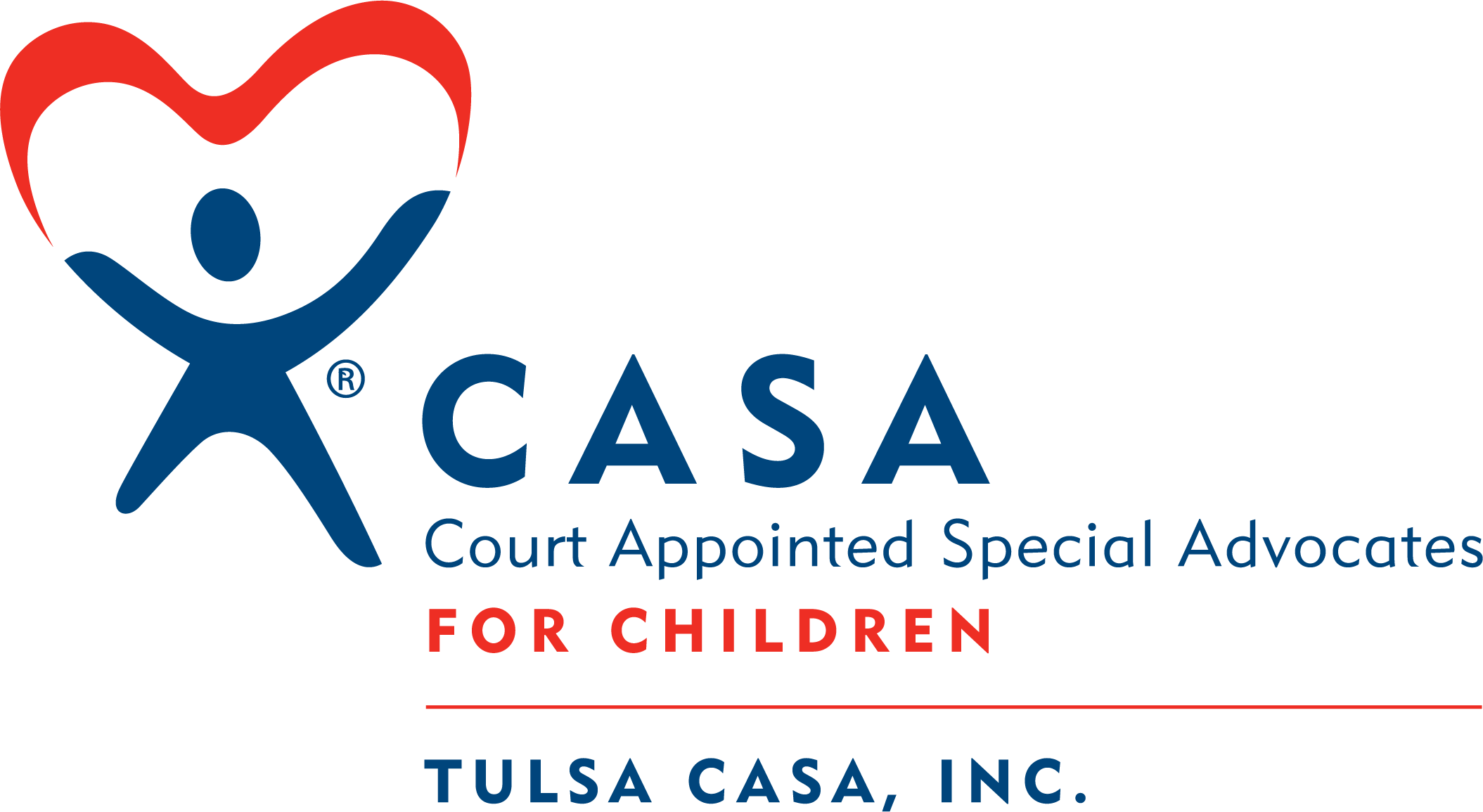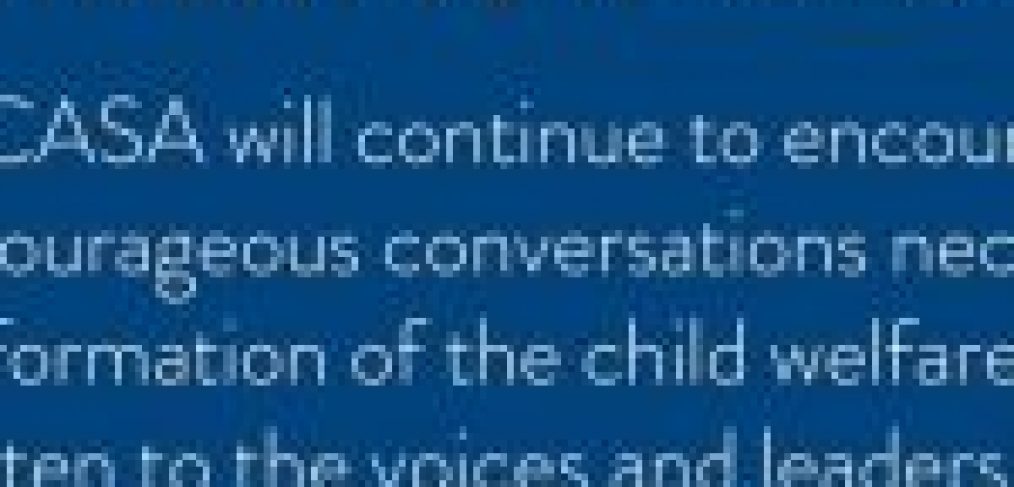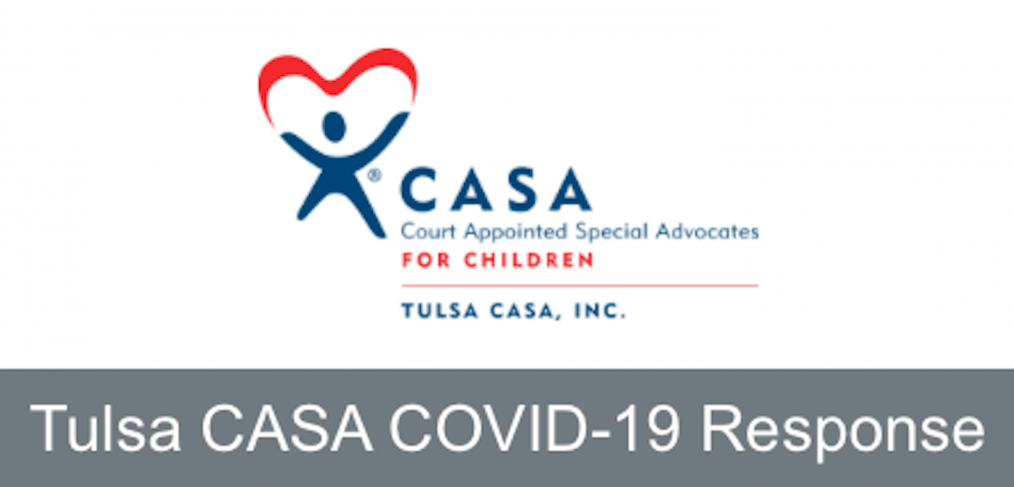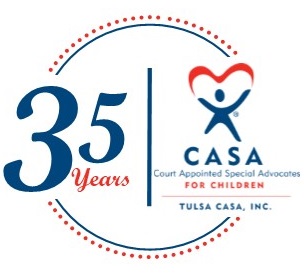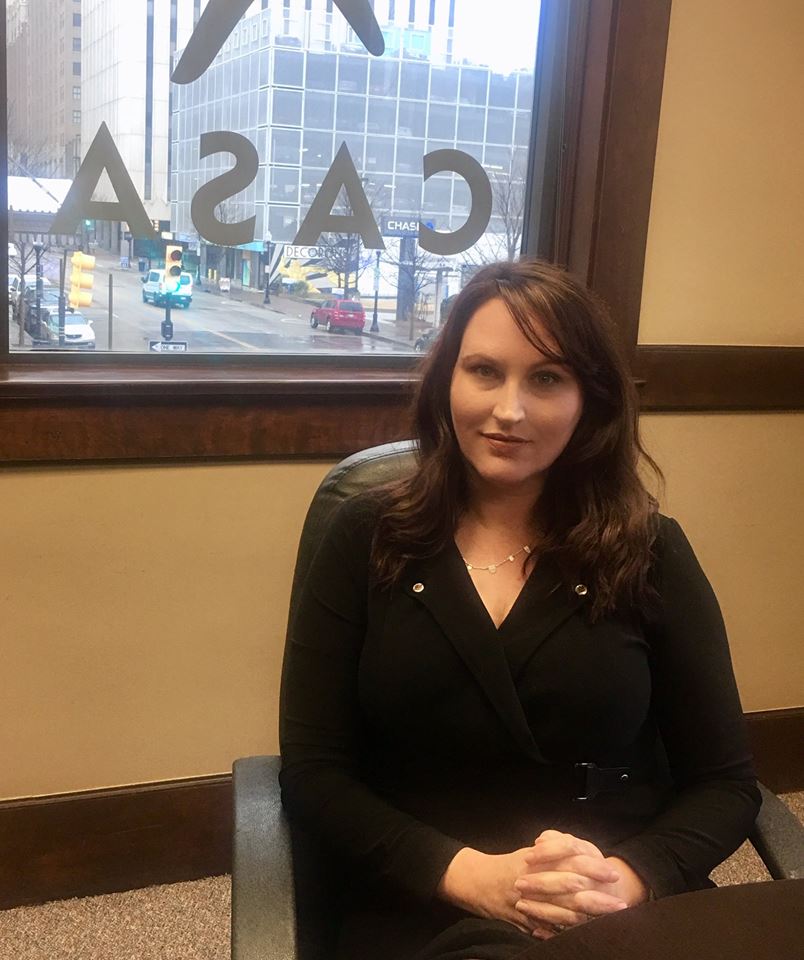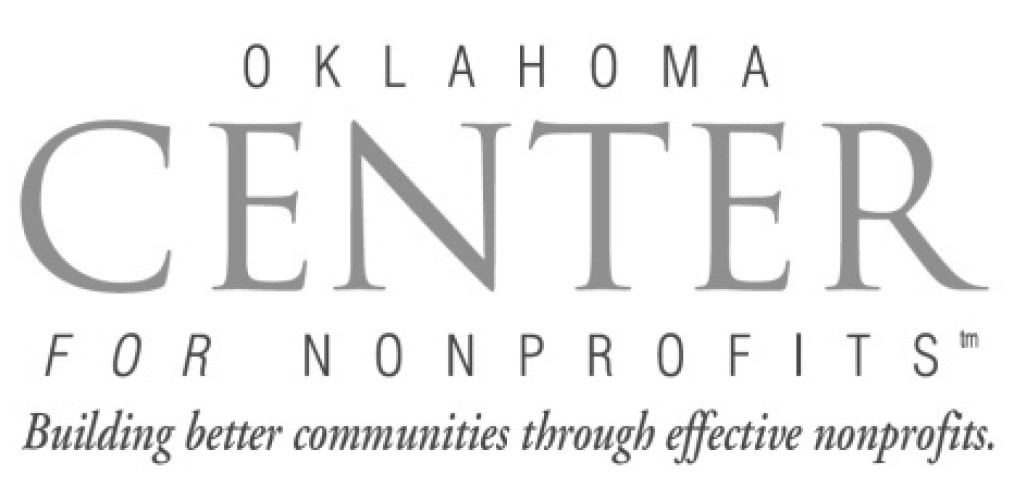In the midst of this unprecedented pandemic, children and families are struggling to make it through each day, one day at a time. Many of our families, already engaged with the child welfare system prior to COVID-19, will have an even more difficult time than the average family.
Fortunately, CASA volunteers can still be strong supporters and advocates for the children they are appointed to and their families, while still observing social distancing and self-quarantining protocols.
As of March 18, Tulsa CASA, Inc. has suspended all in-person visitations, though virtual visits are encouraged to provide consistency and support to CASA children during this time of uncertainty.
The Tulsa CASA Inc. office and building are closed until further notice. Staff is working remotely from their homes. All forms of communication will be over phone or email until the office is reopened.
We have cancelled all in-service trainings for current advocates through April 30, 2020 and all pre-service training for new volunteers has been moved to a completely online/virtual meeting format.
While advocates are unable to visit with children and families in person, Skype or FaceTime, email, texting or calling are great ways to stay in touch. Volunteers are encouraged to make weekly check-in calls to caregivers and children, and inquire about things such as . . .
- Health of all household members — physical and mental
- How are school/distance learning assignments being completed? What was sent by the district/teacher? Is the teacher available via email or help, if needed? How can the CASA assist virtually?
- What is the family doing to keep busy daily?
- Is anyone in the household still working outside of the home?
- Has the child/children had any issues behaviorally since being home from school?
- If the child’s visitation has been suspended due to COVID-19, have they been able to stay in touch with their parents/sibling(s) by phone?
- Is the household having any other challenges? (Financial, shortage of food, childcare for healthcare workers/first responders, etc.)
- Are there upcoming non-urgent medical/dental appointments for the child/children? If so, has DHS been consulted to determine whether these appointments can be postponed?
- Does the caretaker have supportive individuals they are relying on right now to stay sane and healthy?
Volunteers are also encouraged to make contact with anyone else involved with the child’s care during this time to determine what their status is currently in relation to the child (if services are being suspended, being offered remotely, etc.). This includes contact with the natural parents, even if the child is not currently in their care.
Crisis in health, mental health, domestic violence and child welfare may arise during this stressful time. Some important information and contacts to have on hand:
Oklahoma Child Abuse Hotline
Be alert and keep an eye out for signs of abuse and neglect, even more than usual, because abuse and neglect have been shown to increase during times of crisis/natural disasters. If you suspect child abuse and/or neglect, call the OK Child Abuse Hotline at 1-800-522-3511 as soon as possible and alert your Advocate Manager.
Domestic Violence Hotline
Being quarantined at home is not always safe. Domestic Violence Intervention Hotline can be reached at 918-7HELP-ME (918-743-2763) 24 hours a day/7 days a week. The DVIS hotline can provide help to anyone experiencing domestic violence or if you want to help someone who is.
2-1-1 Hotline
2-1-1 Oklahoma will enable everyone to get help or provide help. 2-1-1 Oklahoma offers information and referral across the spectrum of human need, including but not limited to rental assistance, food pantries, affordable housing, health resources, child care, after-school programs, caregiver support, financial programs, literacy, and job programs.
And if you have any questions about COVID-19 here are some reliable sources to get updates from:
